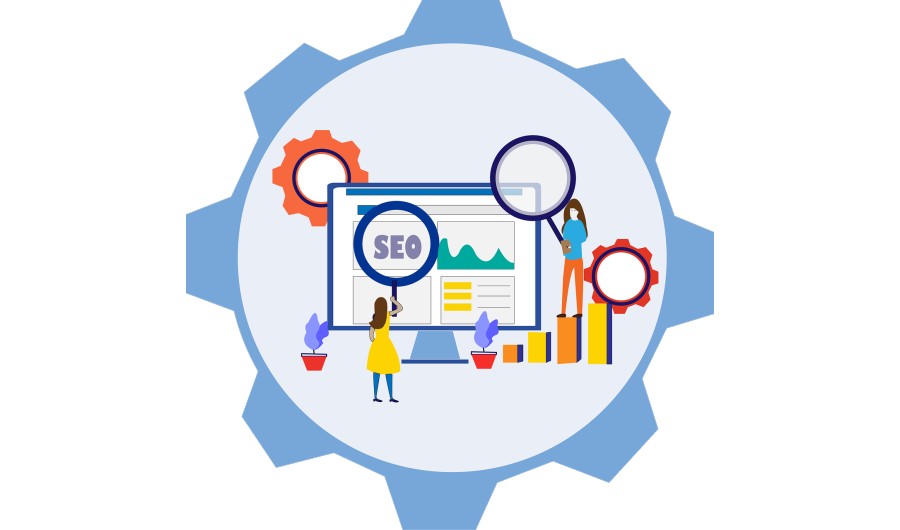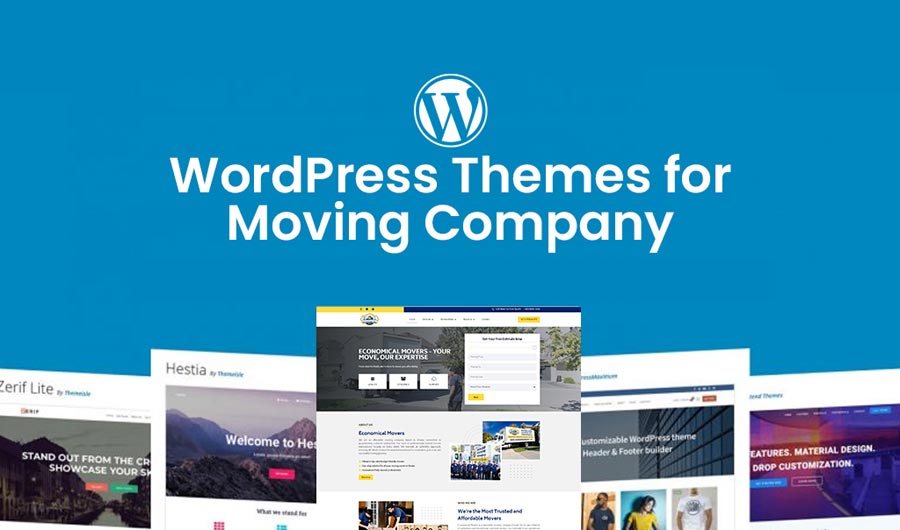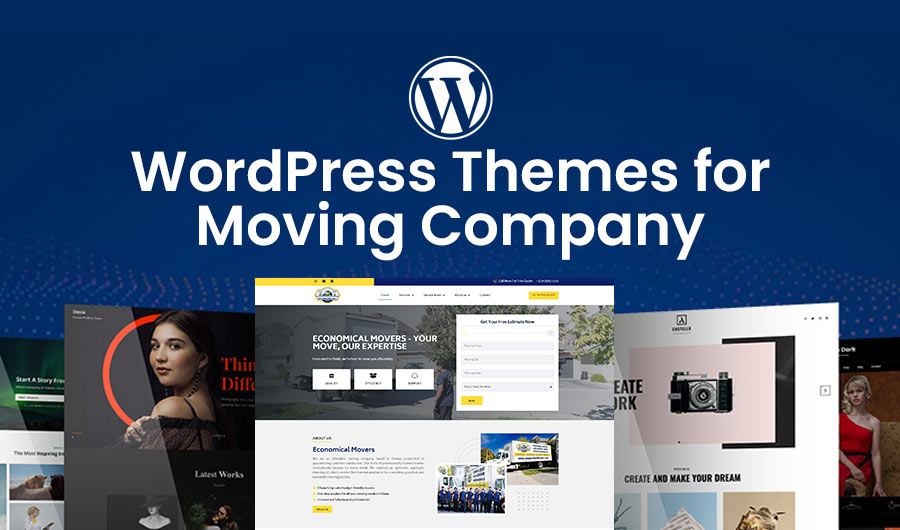
Ethical Strategies for Integrating AI in SEO
SEO is a battlefield. You need to be fast, understand what users want, and have the right weapons on-hand. Enter AI. It’s changing everything – and SEO is no exception.
This technology can be the ace up your sleeve, helping you zoom in on high-demand keywords and develop content that resonates with your core audience. But like with any powerful tool, there’s a responsibility to use AI ethically.
In the article that follows, we tell you everything you need to know about how to supercharge your SEO with AI – the right way.
Be Honest About AI. Don’t Hide
Imagine reading an article that feels…off. Like a robot wrote it. Not a great experience for users.
That’s why you want to be upfront about AI use – especially for sites where content is everything.
Transparency builds trust. Trust grows your audience. It’s a beautiful cycle – one that can take your website from where it is now to where you dream it to be.
Readers love knowing what they’re reading is genuine, high quality content. They want that extra assurance it has – at the very least – been gone over by a human. So sure, if you decide to do your initial research based on tools like ChatGPT, use that as a starting point to add real value.
There’s no harm in leveraging AI while combining it with a human touch. This is a powerful duo that can help you both refine your content and align it with what your brand stands for.
Use AI for Keyword Research
No more endless brainstorming sessions. AI tools can analyze large (and we mean large) amounts of search data to identify relevant keywords with high search volume and low competition.
This allows you to pinpoint the exact phrases users are searching for, increasing your chances of ranking higher in search results pages for phrases like seo services in Melbourne. You’ll be crushing those SERP metrics in no time.
But AI goes beyond basic keyword suggestions. Here are some additional functionalities to look for:
- Uncover Long-Tail Keywords: Tools like SEMrush Keyword Magic Tool and Ahrefs Keyword Explorer can help you discover long-tail keywords, which are more specific and less competitive than head terms. You can then plug these target keywords into Content Shake AI (also from SEMrush) to generate content – in just a few clicks – that attracts users more inclined to stick around.
- Identify User Intent: AI-powered tools like Moz Keyword Explorer and SEO.ai can analyze search terms to understand the underlying intent behind a keyword. Use this data to answer the “why” behind what people are searching for – and use it to connect with your audience on a deeper level than ever before.
Take Advantage of Tools to Craft What Users Crave
While AI can’t replace the human touch – not when it comes to pulling at the heartstrings, at least – it can be a powerful asset on the side. AI writing assistants can help you:
Beat Writer’s Block
Generate outlines and even write initial drafts based on your chosen SEO-optimized keywords. Tools like Rytr and Writesonic can jumpstart the content creation process and free you up to focus on the more strategic parts of the puzzle.
Tweak Content for Max Readability
AI has been weaved into some pretty powerful editing tools – think Grammarly and ProWritingAid. You can use this to analyze content you (or the AI tools mentioned above) have written and prompt it to suggest improvements for clarity.
Also: sentence structure and grammar is definitely on the table here for editing. You want your content to be as simple as possible for people to read.
Make it Hyper-Personal
Honing in on user trends? Habits and interests of readers? AI can go to work on that front too. Tools like Optimizely and Adobe Target allow you to see what topics strike a chord with your readers – and fine-tune your content to resonate better with different audience segments.
Keep Ethical Considerations Top-of-Mind
We’ve pounded the table about the benefits of AI when it comes to SEO, but like we mentioned earlier, you have to use it responsibly, too.
What does that mean, exactly? Here are key considerations:
- Be Transparent: Be upfront about using AI for content creation. Disclose AI involvement and highlight the layer of human oversight (assuming there is one, and there definitely should be.)
- Protect Privacy: Comply with data protection regulations like GDPR and CCPA. Get clear user consent before using visitor data for AI-driven analysis. Be honest about how data on your site is collected and stored.
- Don’t Rely on Just 1 AI Tool: Cast a wide net in the AI tools you use. Make sure they’re trained on a wide variety of primary sources – you want to avoid skewed keyword suggestions or biased content recommendations. Regularly audit your AI tools to keep your SEO strategy in tip-top shape.
Where AI and SEO Goes From Here
We’ve all seen plenty of sci-fi movies. The doomsday flicks where robots take over the world and leave no place for humans. Well, the good news is that AI isn’t here to completely replace SEO experts (at least not yet).
It is a massively powerful tool, though. Just think of those long hours spent banging your head against the wall, deep in another keyword research session. AI can automate that, unlocking your schedule for more strategic tasks.
AI can also do a whole lot more, which we’ve gone over throughout this article. From generating ideas to optimizing output for maximum impact, there are a million reasons why you should be leveraging it every chance you get.
Just don’t lose sight of the human component that has gotten your content – and your business – to where it is in the first place.






